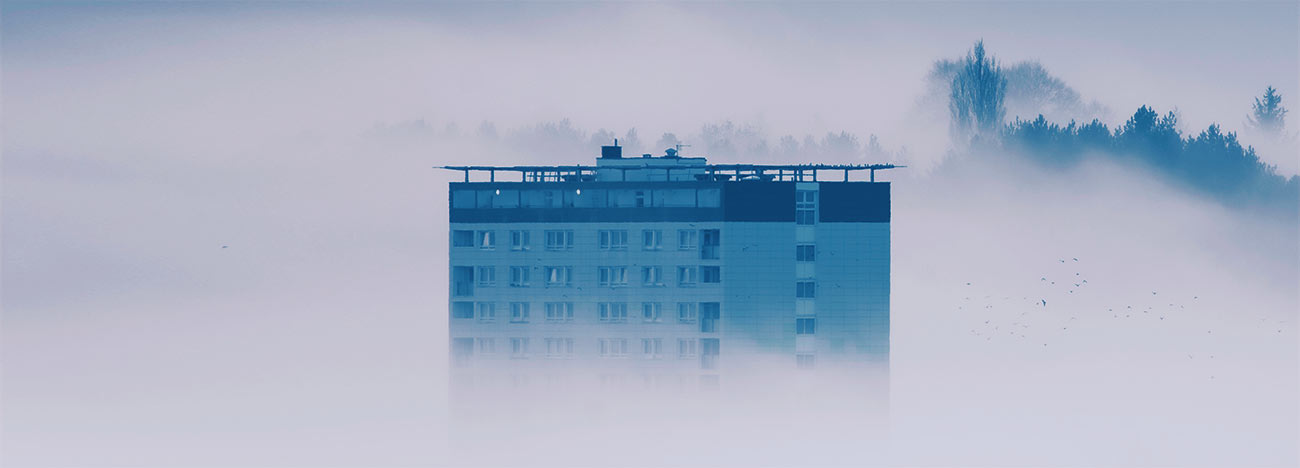16th Oct 2023
Retrofitting fire sprinklers in high-rise blocksHigh Rise = High Risk
While there is currently no mandate to retrofit sprinkler systems in existing high-rise buildings, the fire risk remains significant, potentially even greater than in new constructions. High-rise fires pose unique challenges, often being more intricate for responding firefighters compared to fires in typical residential properties. Furthermore, the response time for high-rise incidents is substantially longer, taking more than 27 minutes from the moment of a 999 call to the application of water on the fire, in contrast to just seven minutes and 45 seconds in a single-family home. This extended response time allows fires in high-rises to progress to a more advanced and perilous stage before firefighters can intervene. Ultimately meaning that by the time fire services can get there, it’s too late whereas a sprinkler can keep the heat from the flames down and control the fire from spreading which is even more crucial in high-rises.
The Cost of Retrofitting Sprinklers
Sprinklers appear to be a straightforward solution to mitigate the elevated risk caused by prolonged response times for firefighters, as they can suppress fires until the arrival of emergency personnel. So, why aren’t sprinklers universally mandated for high-rise buildings, given the apparent simplicity of the solution? Cost has consistently been a central argument against their installation, especially when it comes to retrofitting existing structures.
In an effort to address this issue, the British Automatic Fire Sprinkler Association (BAFSA) initiated a project aimed at demonstrating the cost-effectiveness of retrofitting automatic fire sprinklers in pre-existing high-rise properties. In 2012, they showed that sprinklers could be installed in student 13 story flats for just below £1,150, encompassing the installation of sprinklers in utility rooms, common areas, bin storage areas, and an office. In the end, it was revealed that the cost per flat ranged between £1,500 and £2,500 on average.
Nevertheless, despite compelling evidence that retrofitting sprinkler systems in high-rise buildings can be cost-effective, and even in the aftermath of the Grenfell Tower tragedy, sprinkler installation remains a recommendation rather than a legislative requirement.
Laws and Legislation
In 2017, only about 2% of social housing complexes had undergone retrofitting to install sprinkler systems, and Grenfell Tower in West London was not among them. Even in the aftermath of the tragedy, the Government did not provide any assistance or enact legislation concerning the installation of sprinkler systems in existing buildings. Starting in November 2020, building regulations in the UK mandated the inclusion of sprinklers in new buildings exceeding a height of 11 metres. However, retrofitting sprinkler systems in existing housing blocks is still not legally required. The cost of retrofitting sprinklers per block is approximately £500,000, with the exact amount varying depending on the number of apartments, yet there has still been no government funding allocated to aid councils or housing associations in this endeavour.
For any advice on sprinkler systems our team of experts are here to help. Get in touch
or call us 01625 467245.



